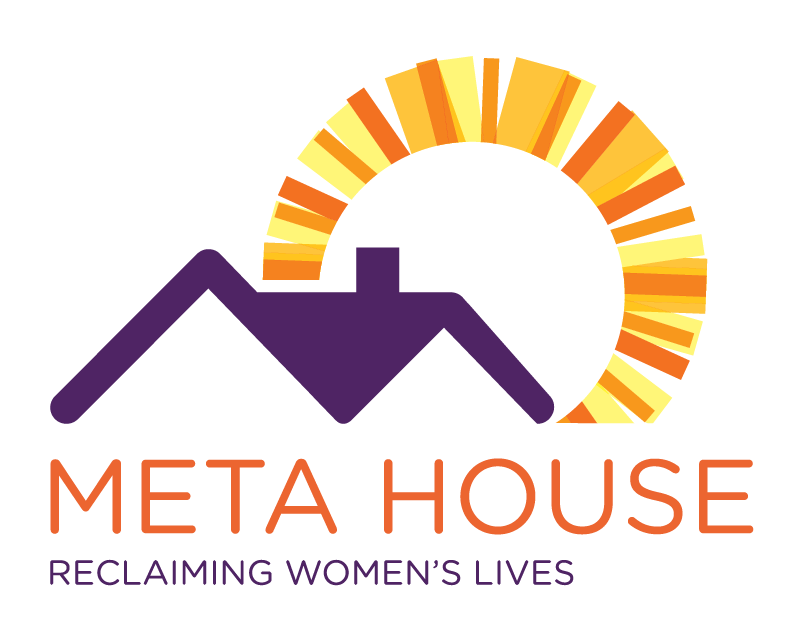Meta House offers in-person services with some services being available via Telehealth. Please call for more information. For our Residential program, please call (414) 977-5884. For our Outpatient program, please call (414) 962-1200. For more information about our Recovery Community (housing), please call (414) 977-5880. For all other inquiries, please contact us at (414) 962-1200.
Substance Use Disorder Services
SUD treatment is offered by a trained and qualified staff of professionals who implement research-based best practices. Meta House’s substance use disorder services are unique and effective because they are built upon the principles of gender-responsive treatment. The overwhelming majority of women who are addicted to substances are survivors of sexual, physical, and emotional abuse. The impact of this abuse leads many women to numb the pain by turning to substances. Finding themselves addicted to substances, women need to learn to manage their emotions and practice essential skills to live life without substances.
Service Components
SUD services include counseling, therapy, education, relapse prevention, process and goal setting, meditation, and urine screens. Women learn the root causes of their substance use, while learning new and healthy ways to cope. Women are empowered with the tools to manage trauma in order to reduce relapses. Meta House does not provide detoxification services; however, it is expected that many women will be admitted immediately following detoxification.
One-on-One Counseling/Therapy Sessions provide a setting to discuss and understand the most intimate details of each woman’s life as it impacts her substance use and desire to change. It is also the opportunity to establish, review, and revise each woman’s individual treatment plan and to evaluate progress and focus on specific individual needs.
Process Groups provide a forum to address and discuss current problems and concerns, consider alternative strategies for coping with day-to-day challenges of recovery, teach new ways to handle triggering situations, and generate mutual support and a sense of belonging.
Group Counseling/Therapy Sessions provide a safe and confidential forum to encourage the process of introspection and internal change that helps to identify critical events, traumas, and situations from the past that influence current ways of thinking, coping, and relating to others. The implications of physical violence and sexual and emotional abuse are explored in-depth, allowing the women to see the connections between their traumatic pasts and their substance use.
Chemical Dependency Education provides instruction on the ways in which chemical dependence affects women, their children, and their relationships with other adults. The physical and mental health and social and economic consequences of drug use are addressed.
“Seeking Safety” Treatment Group recognizes that the vast majority of Meta House’s clients have faced traumatic life experiences. The program makes the connections between the symptoms of trauma (Post Traumatic Stress Disorder and other mental health disorders) and substance use disorder/dependence. This group also teaches clients safe coping skills amidst triggers and techniques to manage trauma.
DBT Skills Group focuses on skills required to maintain emotional balance while navigating complex, stressful situations.
Smoking Cessation focuses on creating a positive, drug-free clinical setting. Tobacco is treated alongside drugs and alcohol as an addictive substance. Therapists establish treatment plans in collaboration with clients to cope with potential triggers, cravings, and relapses. Therapists utilize motivational interviewing techniques to help clients explore and seek behavior change (smoking cessation). A smoking cessation group meets weekly and is mandatory for smokers in the residential and recovery community programs and available for clients in the outpatient program.

